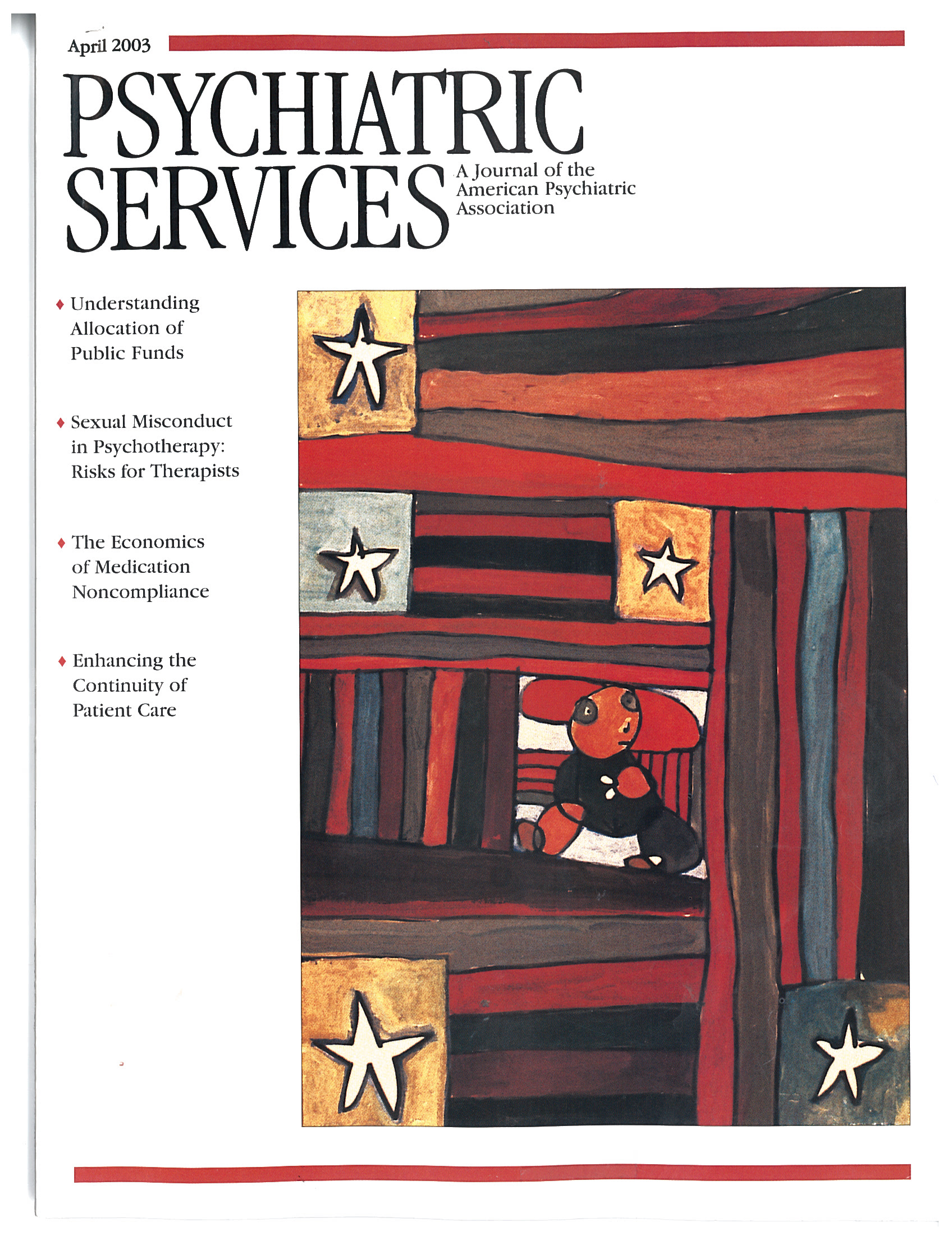Dr. Yalom's latest book, The Gift of Therapy: An Open Letter to a New Generation of Therapists and Their Patients, is a compilation of psychotherapeutic wisdom. Yalom begins by acknowledging his indebtedness to his early professional influences. He mentions the work of Karen Horney, Erich Fromm, Carl Rogers, and D. W. Winnicott as having shaped his professional development. He sites additional resources he has integrated into his practice, clinical writing, relationships with family and colleagues, teaching, and his deeply felt relationships with his patients as well as poetry, philosophy, and literature.
Dr. Yalom emphasizes the practice of psychotherapy as a collective experience and a complex collaboration between therapist and patient. The central themes in this relaxed, loosely structured book include the importance of being in the present moment with patients, being empathic, demonstrating genuine caring, and creating a healing therapeutic presence through the human relationship. Above all, Dr. Yalom does not want those who come after him— "the new generation"—to forget this collective wisdom. He also addresses "their patients," because he is equally committed to educating the public about receiving high-quality psychotherapy. Those seeking help have the right to a comprehensive and humane relationship with a mental health professional.
Dr. Yalom outlines basic concepts with grace and mastery and provides clinical examples. He reviews what he considers the essential conditions to create psychotherapeutic change. The therapist needs to cultivate and nurture the atmosphere within the psychotherapy relationship. This in turn creates the environment for patients to achieve their own potential and growth. Psychotherapy is at all times a collaboration, and Yalom uses the term "fellow travelers" to emphasize his belief. He stresses the tremendous importance of the therapeutic relationship in patient engagement, care, and maintenance. He believes in the basics of being supportive and empathic and allowing the patient to matter to you. Therapeutic honesty is emphasized, including acknowledging your errors openly and nondefensively.
Dr. Yalom reviews the paradox of contemporary psychotherapy research. He believes that if the goal of research is to develop a standard of therapy, then this ideal can transpose into subtle and blatant uniformity in patient care. He emphasizes the uniqueness of each patient. He views psychotherapy as an ever-changing process, a dynamic sequence of events to be examined and understood, ever evolving.
He reviews a variety of techniques in psychotherapy, including using one's own feelings as data, framing here-and-now comments, using patients' deceptions to uncover truths, being real and using self-disclosure, and using transparency, universality, and feedback. He discusses difficult topics such as death, the meaning of life, decision making, advice giving, and issues related to patients' assumption of responsibility.
Yalom takes care to outline how therapists' need to look after themselves during the course of a day. He advocates proper time between sessions, allowing for note taking that focuses on professional psychotherapeutic inquiry and not institutional demands. He asks us to remember and care for dream interpretation. He reminds us that often patients will judge us by our actions, not our words. Reviewing their treatment, they will remember a simple act of kindness, not a verbal interpretation of our own, however brilliant. The therapist needs to remember how important "the therapist" can be in the patient's life. The therapist's own personal psychotherapy remains a cornerstone for good patient care.
Dr. Yalom ends this collection by reflecting on the privilege this occupation confers. The work allows the therapist to receive the gift of self-transcendence and the opportunity to share in the patient's growth, discovery, and freedom. The psychotherapist remains part of a long tradition of healers, dating back to the beginning of time—ministers to clear seeing with a connection to the suffering and impermanent nature of the human condition. Dr. Yalom does not want those joining this challenged profession to forget the history of psychotherapy and its true potential for healing.

